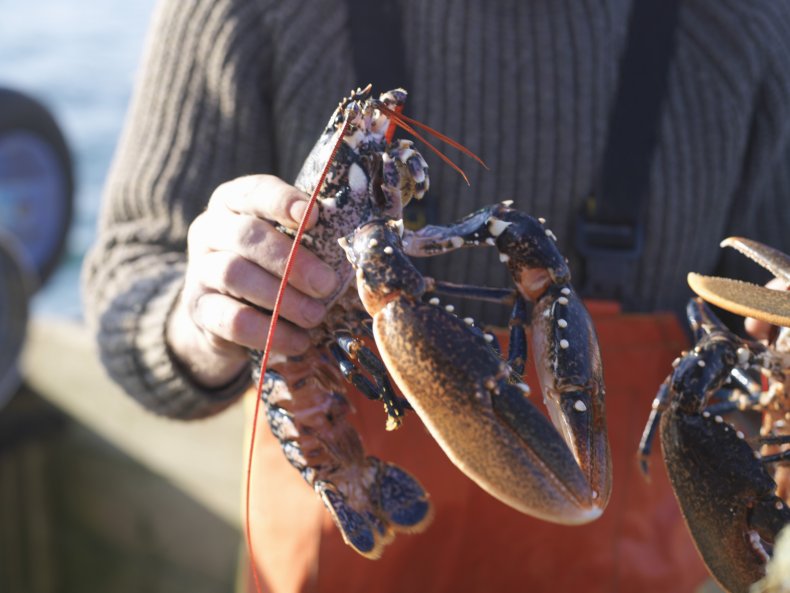Study Finds Lobsters Feel Pain, U.K. Lawmakers Expand Animal Welfare Bill to Include Them
A report out of the London School of Economics has found strong scientific evidence showing that crabs, lobsters and octopus all experience pain.
As a result of that finding, an amendment was made to the already in place Animal Welfare (Sentience) Bill that will grant greater protection to decapod crustaceans like shrimp and lobster and cephalopod molluscs which includes squid and octopus.
In 2018, the Swiss government made a similar decision to prohibit the practice of boiling lobsters alive though at the time did not have the scientific evidence of pain.
The New York Times reported at the time that the scientist who conducted the foundational research behind the government's research said though he was not 100 percent sure the crustaceans were in pain after cooking a lobster alive just once he had no plans of doing it again.
At the time of Switzerland's decision Joseph Ayers, a professor of marine and environmental sciences at Northeastern University told The Times that lobsters did not "have the hardware" to feel pain. He explained that in the wild, these animals are often swallowed whole by predators thus not needing the ability to to detect pain.
Though despite Ayers insight, the new report from LSE says otherwise:
"I'm pleased to see the government implementing a central recommendation of my team's report," Dr. Jonathan Birch, Associate Professor at LSE's Centre for Philosophy of Natural and Social Science and principal investigator on the Foundations of Animal Sentience project, said in a report released by the school. "After reviewing over 300 scientific studies, we concluded that cephalopod molluscs and decapod crustaceans should be regarded as sentient, and should therefore be included within the scope of animal welfare law."

The Foundations of Animal Sentience project (ASENT) is a five-year European Research Council-funded project led by Birch that looks to examine the way in which sentience is attributed to certain types of animals.
The report also recommended against practices that might be considered inhumane given the findings. The recommendations advise against "declawing, nicking, eyestalk ablation, the sale of live decapod crustaceans to untrained, non-expert handlers, and extreme slaughter methods such as live boiling without stunning."
In a statement published by the U.K. government on November 19, they explained that this announcement will not impact "any existing legislation or industry practices such as fishing."
"There will be no direct impact on the shellfish catching or restaurant industry," the statement said. "Instead, it is designed to ensure animal welfare is well considered in future decision-making."

